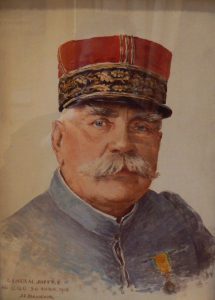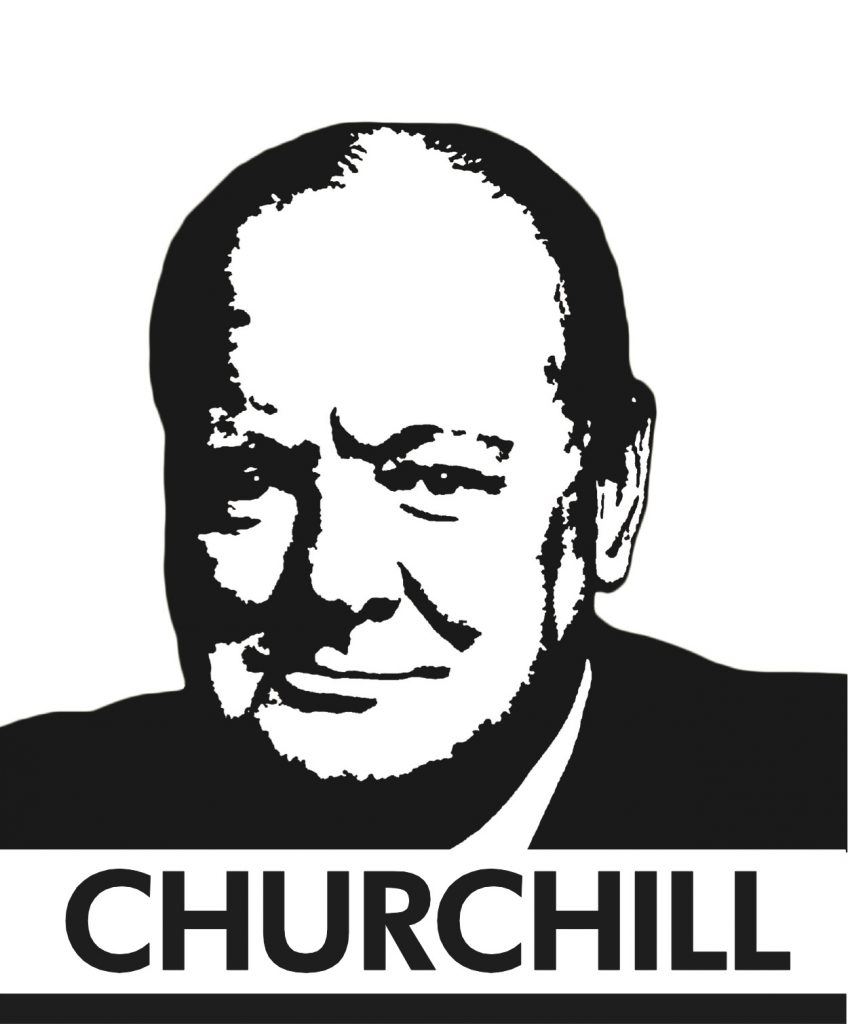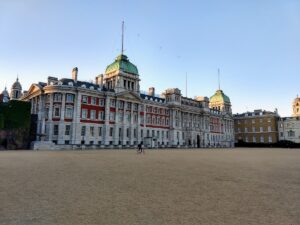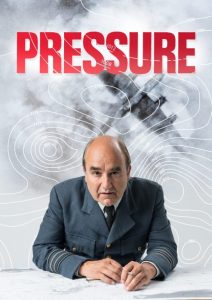
Finest Hour 182
From The Editor – Finest Hour 182

December 20, 2018
Finest Hour 182, Fall 2018
Page 04
By David Freeman, October 2018
“When all was over, Torture and Cannibalism were the only two expedients the civilized, scientific, Christian States had been able to deny themselves: and these were of doubtful utility.” Such was Winston Churchill’s grim verdict on the Great War. It also explains the euphoria he witnessed when the tragedy finally concluded on Armistice Day and the description of that scene he recorded in his memoirs, which we reproduce here.
One hundred years on, emotions have subsided, and it is possible to make sober reckonings of what was accomplished in and what lessons taken from the First World War. Andrew Roberts, whose Churchill biography is published this fall, traces the connections between Churchill’s experiences in 1914–1918 and his leadership in 1939–45. Allan Mallinson then deconstructs the myths about Churchill’s leadership in the First War and shows that the perceived mistakes were more often the deliberate misrepresentations of lesser men. Next, Matthew Seligmann reminds us that Churchill did not always get things right when directing the Royal Navy in 1914–15 but also shows that the reality is much more complex than the myth.
We also have two very different ways of looking at Churchill’s history of the Great War. Peter Clarke examines The World Crisis as a work of history written by a still very active politician, while Ronald I. Cohen walks us through the somewhat confusing publishing record of the five volumes (in six parts!) that Churchill produced.

2025 International Churchill Conference
The appearance of a major new Churchill biography demands serious attention. We asked award-winning political biographer John Campbell (himself the author of detailed studies of Edward Heath, Margaret Thatcher, and Churchill’s best friend F. E. Smith) to review Churchill: Walking with Destiny by Andrew Roberts. His thoughtful and elegant analysis should encourage any reader to secure a copy.
In reflecting on the First World War, it is consoling to know that, although as shocked by the brutality of the conflict as any, Churchill also knew how best to proceed into the peace that followed. In words that echoed Lincoln in 1865 but which also presaged Churchill himself in 1940, he said in November 1918: “Repair the waste. Rebuild the ruins. Heal the wounds. Crown the victors. Comfort the broken and the brokenhearted. There is the battle we have now to fight. There is the victory we have now to win. Let us go forward together.”
Subscribe
WANT MORE?
Get the Churchill Bulletin delivered to your inbox once a month.





